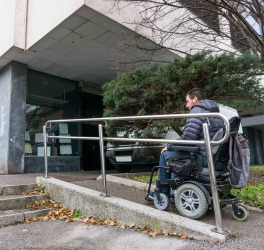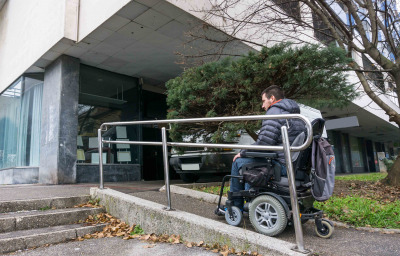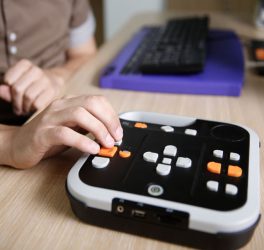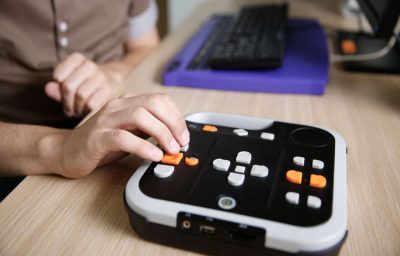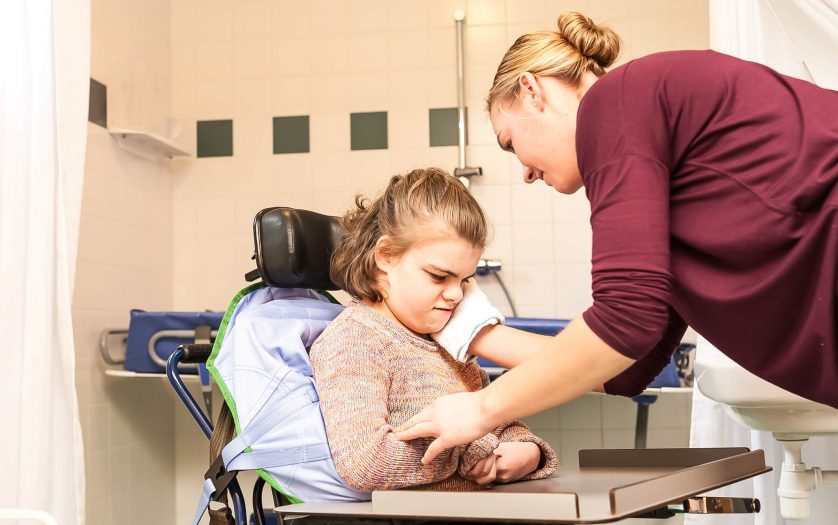
Following extensive consultation with clients, families, guardians, staff and stakeholders, the three month-trial has begun in two southern suburbs supported accommodation homes – home to 10 people living with disability.
The privacy of clients and staff is a key priority – and the pilot is operating with the consent of residents and their guardians.
Minister for Human Services Michelle Lensink said the Marshall Liberal Government had listened to calls from families and clients about their desire to implement a CCTV camera trial.
This pilot will allow DHS to thoroughly assess the benefits and challenges of using CCTV systems in state-operated residential properties for people with disability,” said Minister Lensink.
“People with disability and their families should have full peace of mind about the quality of care they receive.
“The use of CCTV has the potential to add an additional layer of safety and security for people living with disability, as well as for staff who are some of the most dedicated and committed workers of any sector.
“The pilot will allow us to assess whether visual surveillance can contribute to a greater sense of security, while maintaining the privacy and dignity of people in their home.
“We know that disability support work can present complex and challenging situations and anything we can do to improve safeguards for people living with disability is worth exploring.”
CCTV devices will only be placed in common areas of the homes and allows footage to be recorded and stored for later review only if an incident in reported.
Throughout the trial, input from people living in the two homes and their staff will be collated so the Department for Human Services can then evaluate their feedback.
The pilot is costing an estimated $30,000.



